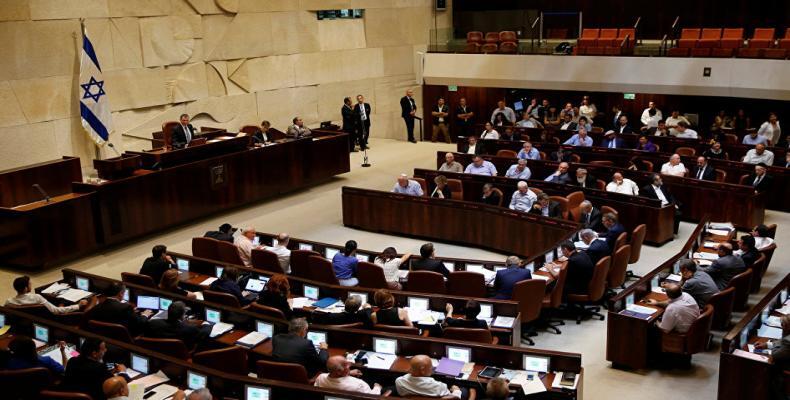Although Benjamin Netanyahu lost the recent parliamentary elections in Israel with his Likud Party, that nation’s President, Reuven Rivlin, has asked him to form a new Government, despite the difficulties posed by the political fragmentation in that country.
Netanyahu stayed two notches below his main rival, Benny Gantz, of the Blue and White group, but both of them are quite far from the majority of sixty one deputies that the Israeli Parliament requires. Therefore, a political arrangement to form a new government is highly improbable. Most probably, yet another, third election will be necessary.
Rivlin has asked for the creation of an executive group formed by the Likud and Blue and White parties. Although most agree with this formula, it is highly improbable that neither party head will want to be subordinated to the other.
For his part, Netanyahu enjoys the traditional support of the ultra orthodox, a fact that will limit their negotiations with other forces, including those of extreme right winger Avigdor Liebermann, who rejects the presence of religious political formations in a government coalition.
Another force includes the Labor Party headed by Amir Peretz, a traditional opponent of Netanyahu and the extreme right, who are not prone to join the coalition headed by Netanyahu.
In fact, the ideological gap between the leaders of Likud and the Blue and White parties is smaller than generally thought.
Currently, the problem seems to be that nothing indicates a change in the results of future elections. The truth is that the Israeli society is sick and tired of political rivalries and discussions that lead nowhere.
This means to say that the dead end will continue for an indefinite period, which equals to the collapse of a political model founded on racism, hatred against the Palestinian population, arrogance and xenophobia.
In order to satisfy its main ally, the United States, the State of Israel has become an enemy of virtually all its neighbors.


